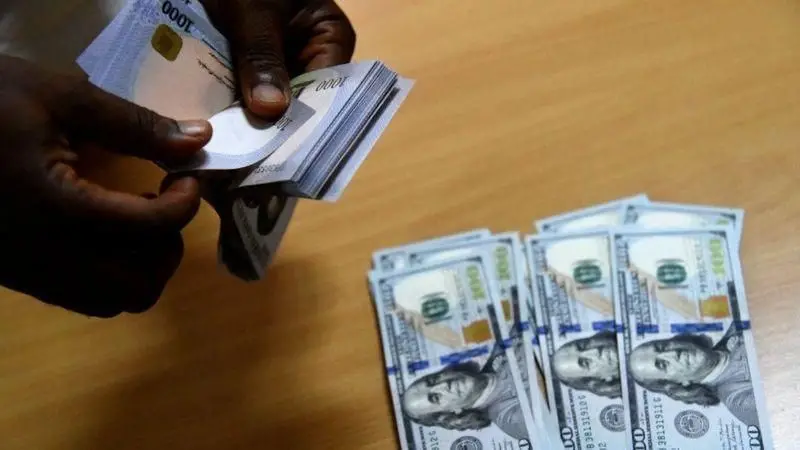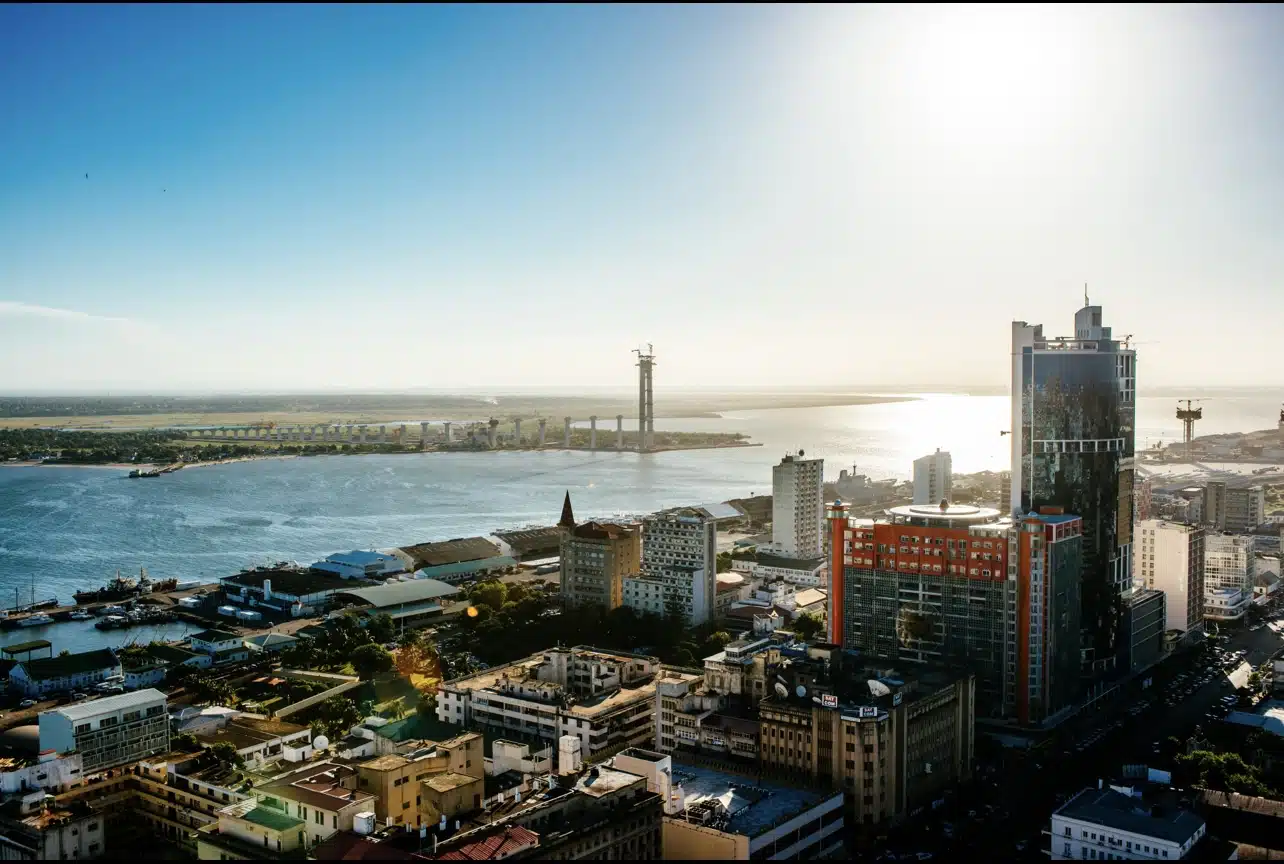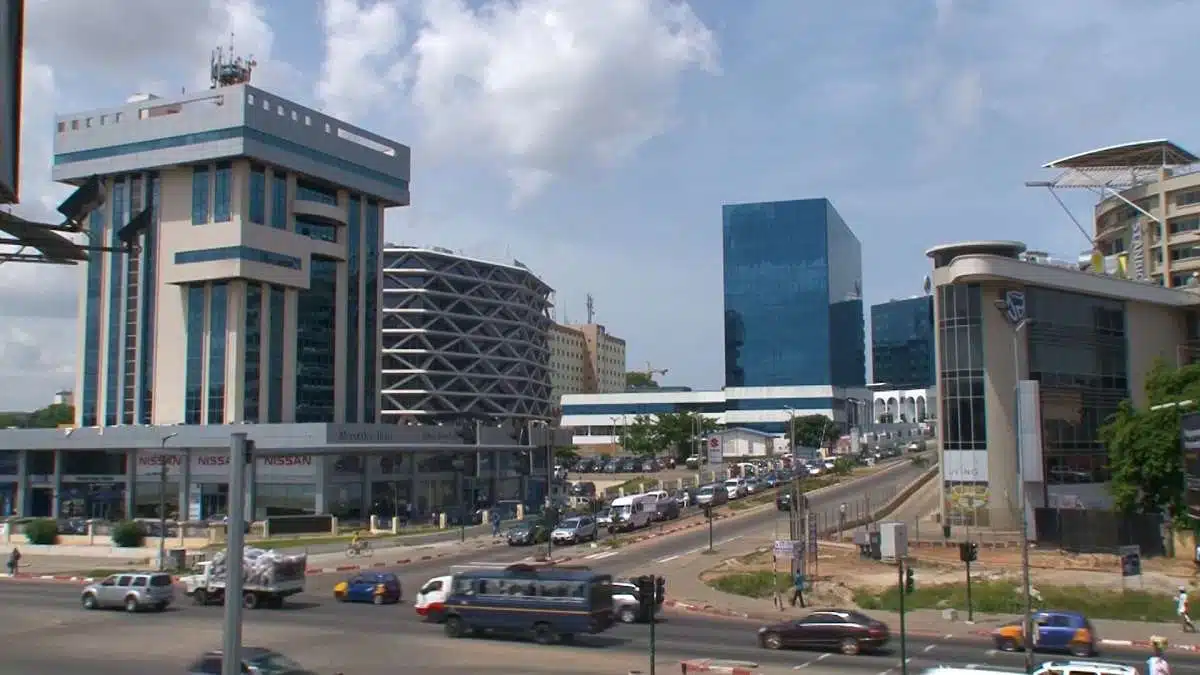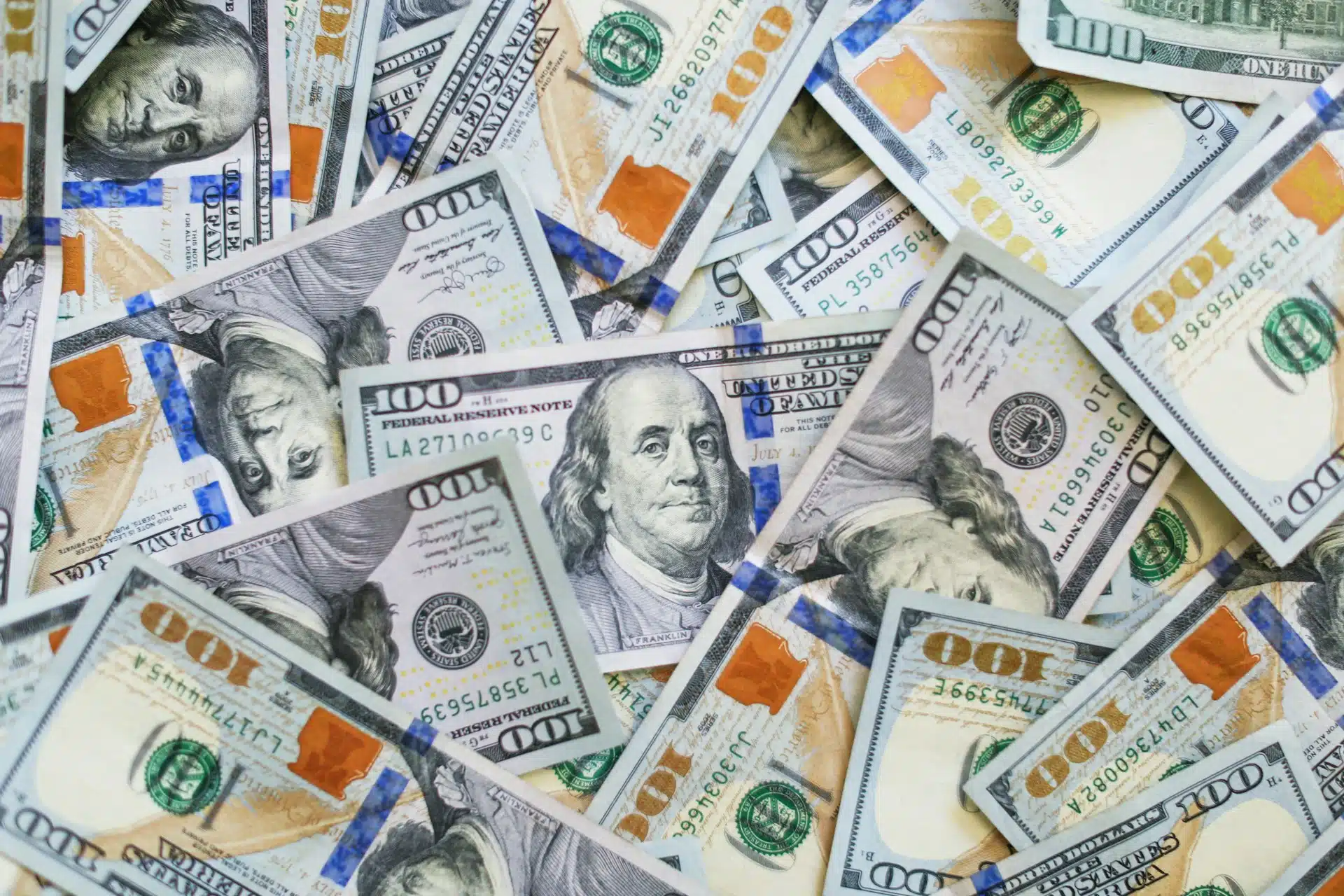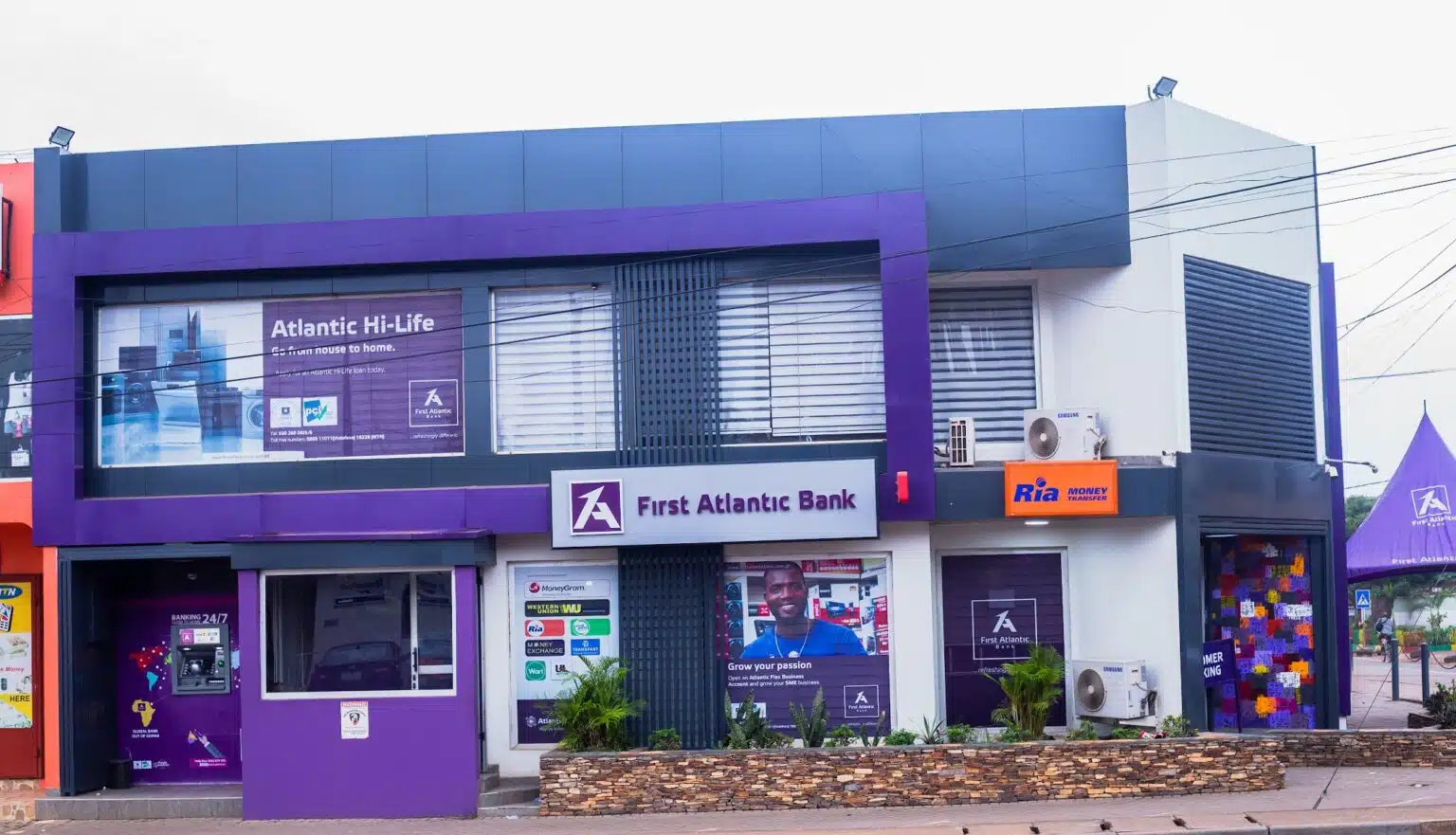Nigeria’s digital economy is pulling in unprecedented investor interest, with foreign direct investment (FDI) inflows hitting $305 million in the first half of 2024.
Minister of Communications, Innovation, and Digital Economy, Dr Bosun Tijani, disclosed that the sector drew $191 million in Q1 2024—an over 900% increase compared to the $22 million recorded in Q1 2023.
“These foundational reforms, coupled with advancements in artificial intelligence and the startup ecosystem, have positioned Nigeria as a global leader in the digital economy,” he said.
Speaking in an interview, Tijani linked the surge to deliberate reforms under President Bola Tinubu’s Renewed Hope Agenda.
He identified key drivers, including the 3 Million Technical Talent (3MTT) programme and a newly signed $2 billion fund targeted at expanding fibre optic infrastructure.
“For the first time in the history of this country, an administration is investing in 90,000 kilometres of fibre optic cables across the nation,” the minister said.
“This infrastructure will bring high-speed internet to schools through cables, not through jungles—enabling better learning environments.”
In the second quarter of 2024, the sector continued to outperform, attracting $114 million in FDI, compared to $25 million in the same period of 2023—an increase of over 350%.
Tijani also noted that the digital economy is on track to contribute 21% to Nigeria’s GDP, up from the current range of 16 to 18%.
The minister projected that Nigeria’s digital economy could generate $18.3 billion by 2026.
Even though the country has produced several unicorns, including Flutterwave, Jumia, Andela, Moniepoint, and Interswitch, Tijani said the government’s coordinated push aims to expand the ecosystem further.
“This means more jobs and opportunities,” he noted.
While Nigeria’s digital sector is gaining traction, overall investor confidence in the broader economy remains weak as total foreign capital inflows continue to plummet.
According to recent figures from the Central Bank of Nigeria, total FDI fell to $1.08 billion in 2024, representing a 42.3% decline year-on-year.
Still, the digital sector’s growth points to a gradual shift, with technology becoming a more important part of Nigeria’s economic development.

